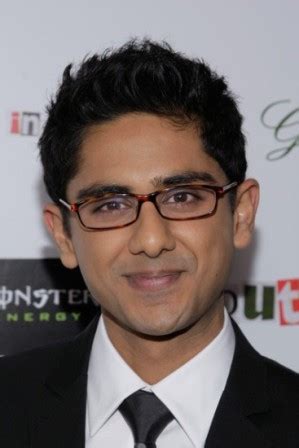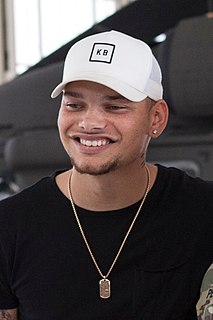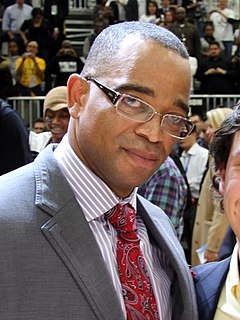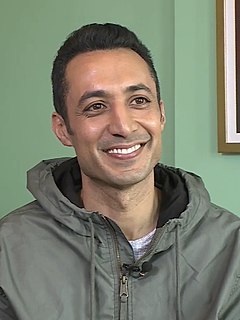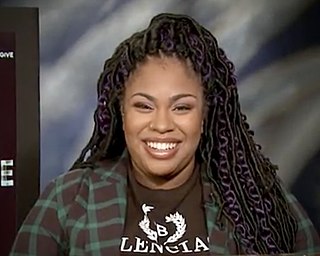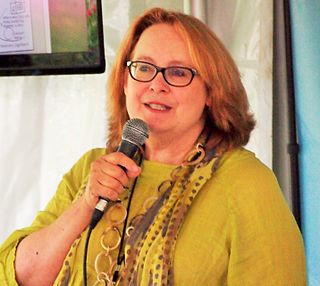A Quote by Adhir Kalyan
Growing up in this post-apartheid era, the first generation of teens in South Africa living in this new democracy, I often found myself feeling different. I was often the only person of color in an otherwise all-white school. And within the Indian community, because of my training with an English acting teacher, my accent was very different.
Related Quotes
When I was 12 I worked with someone - it was actually an English teacher at my school, John Woodward. He was the only teacher in the school to have a top-of-the-range Porsche and all the trappings of success, so it was very interesting for me to find out how he did it. He was probably the wealthiest English teacher in the community.
Today's children are living a childhood of firsts. They are the first daycare generation; the first truly multicultural generation; the first generation to grow up in the electronic bubble, the environment defined by computers and new forms of television; the first post-sexual revolution generation; the first generation for which nature is more abstraction than reality; the first generation to grow up in new kinds of dispersed, deconcentrated cities, not quite urban, rural, or suburban.
I feel a disparity between my life in India within the home and my life outside the home - my life within public and private space. In terms of here and there, there were some differences, but New York and India were very different when I was growing up in the '80s. Definitely in terms of the visual and popular culture I encountered within my home - that was very different from the complete lack of representation I saw of South Asian culture outside of that space.
I was one of the only people of color at my grade school and also my high school. It's weird recollecting on my childhood, I think, because my brothers are all white. We all share the same father but different mothers. I guess I kind of associated white, but I was occasionally reminded in a really negative way that I wasn't.
Livestock adopted in Africa were Eurasian species that came in from the north. Africa's long axis, like that of the Americas, is north/south rather than east/west. Those Eurasian domestic mammals spread southward very slowly in Africa, because they had to adapt to different climate zones and different animal diseases.
